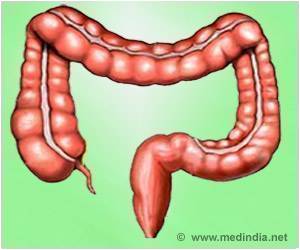People carrying high levels of a specific type of gene have a chance of reducing the risk of colon cancer by half with the intake of aspirin as per study released on Wednesday.

Scientists studied tissues from people who developed colon cancer while on an aspirin regimen then set out to understand why people with a particular gene appeared to get a protective benefit from aspirin and others did not.
They examined tissues of 270 colon cancer patients from 127,865 participants followed for over three decades.
They found that patients who lacked a genetic profile which yields high levels of the enzyme 15-PGDH got almost no protective benefit for colon cancer from aspirin.
"If you looked at the folks from the study who had high 15-PGDH levels and took aspirin, they cut their risk of colon cancer by half," said senior author Sanford Markowitz of Case Western Reserve School of Medicine.
Yet "if you looked at the folks from the study that were low for 15-PGDH, they did not benefit at all from taking aspirin. These findings represent a clean yes-no about who would benefit from aspirin," he explained.
Advertisement
They are hoping to develop a test that would make it easy to identify who is and is not likely to get the positive effects of aspirin.
Advertisement
But colon cancer deaths have been decreasing steadily over the past two decades as more and more people have sought testing, particularly colonoscopies.
Source-AFP














